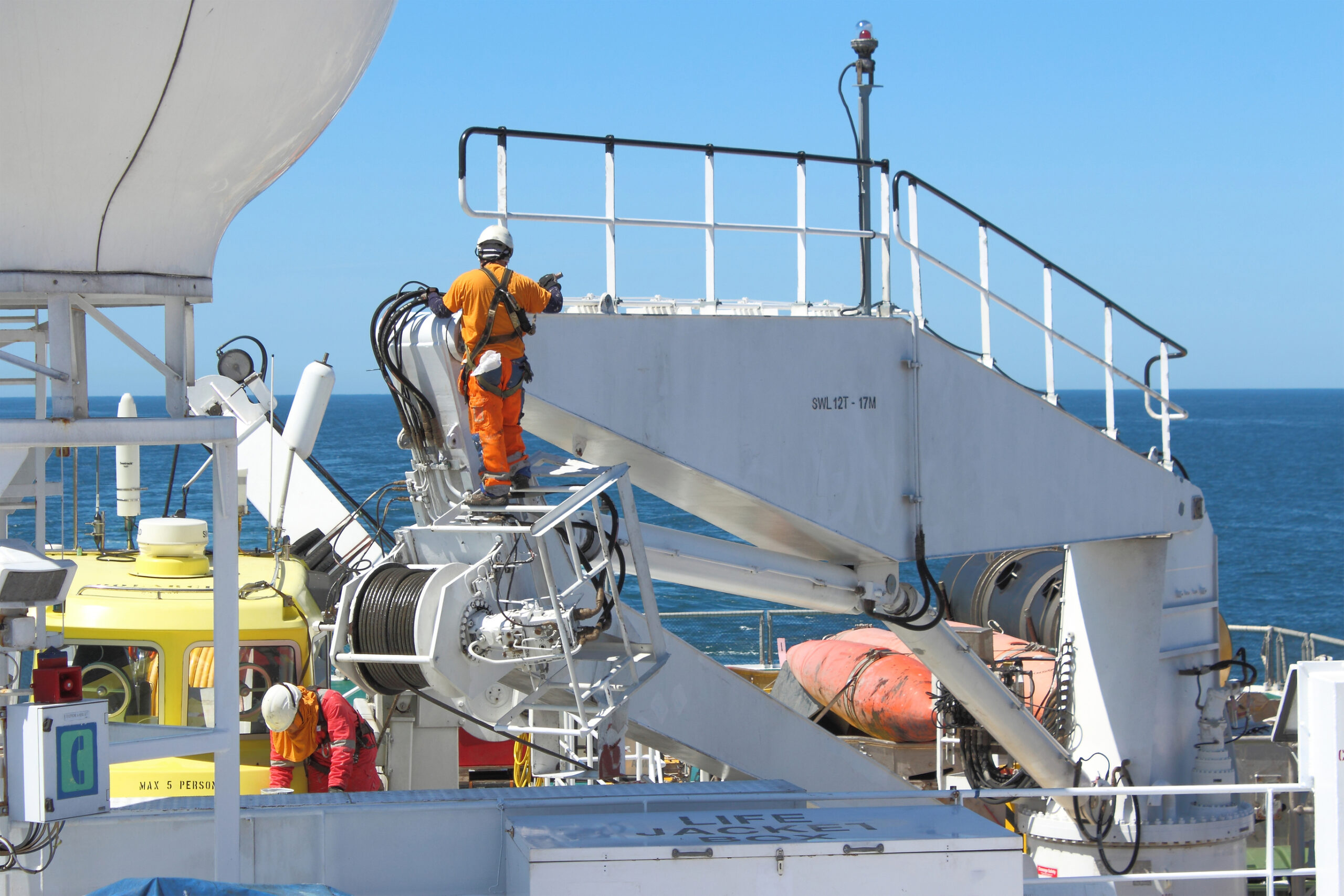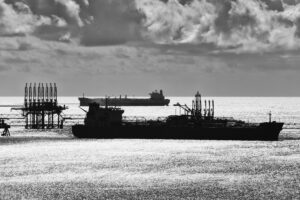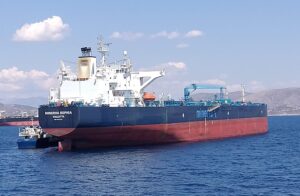Seafarers must be treated fairly and not subjected to unjust criminalisation or unfair treatment-that is the message that was delivered to governments from around the world gathered in Geneva last week.
The International Transport Workers’ Federation (ITF) joined global seafarers’ union affiliates at the third meeting of the joint ILO–IMO tripartite working group to identify and address seafarers’ issues and the human element.
The meeting had the specific aim of discussing and adopting ‘Guidelines on the fair treatment of seafarers detained on suspicion of committing crimes’.
“Time and again, we have seen cases where seafarers are treated like criminals, held for months on end without trial and given sentences for crimes they didn’t commit,” said Seafarers’ Section Chair and President of the Seafarers International Union of North America, David Heindel.
“These are gross human rights abuses, and they must be called out as such so that this appalling criminalisation of seafarers ends.”
The ITF has consistently lobbied for a strengthening of frameworks protecting seafarers, citing the global nature of unjust seafarer criminalisation and unfair treatment, and the wide range of issues for which seafarers are increasingly criminalised and detained, whether maritime accidents, illicit cargo or pollution infringements.
In September this year, two seafarers were sentenced to 30 years’ imprisonment after drugs were found on a vessel docked in Turkey.
The pair, who had already spent a year in remand prison, ITF said, had their sentence handed down despite no evidence of wrongdoing.
At the time, General Secretary of ITF affiliate, the Croatian Seafarers’ Union, Neven Melvan, called the decision “outrageous” and showing “a complete lack of understanding and respect for what seafarers do”.
The ongoing failure to protect seafarers from criminalisation and unfair treatment comes at a time when the maritime industry is facing a global recruitment and retention crisis.
“It’s well known that right now the industry is facing a recruitment and retention crisis,” said Nautilus International General Secretary and Seafarers’ spokesperson at the ILO, Mark Dickinson.
“Seafarers are too often considered guilty until proven innocent, denied their fundamental rights, and this sends a terrible message which risks the future of our maritime industry and undermines the resilience of global supply chains.”



